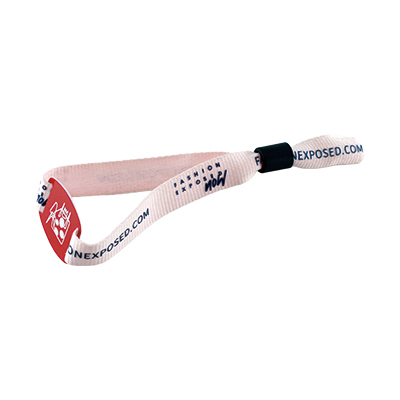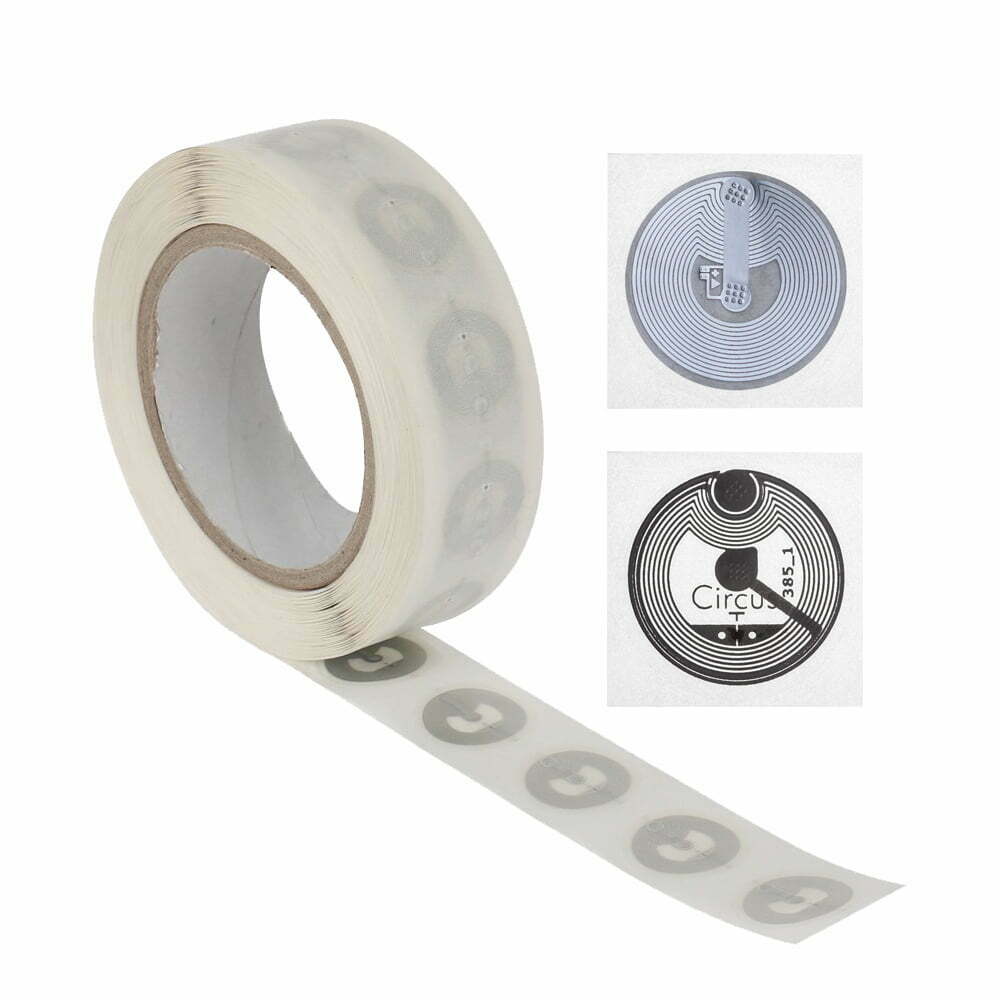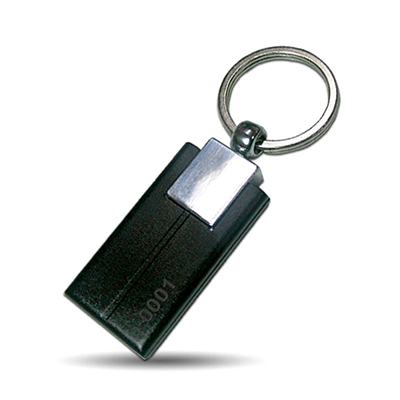
In modern manufacturing,Unplanned downtime of equipment is a serious problem.According to Gartner, manufacturers lose up to £260,000 annually to unplanned downtime. These downtimes not only impact production efficiency, but also increase maintenance costs, and manufacturers urgently need to find effective ways to reduce downtime and increase productivity. Industrial-grade NFC tags (Near Field Communication tags) are fast becoming an important tool for improving manufacturing efficiency as an innovative solution.
Core application
1.Machine maintenance log automation
With industrial NFC tags, manufacturers can easily record and manage maintenance logs for their machines. By attaching an NFC tag to the device, maintenance personnel can quickly access the device’s maintenance history, service reminders, and fault logs by simply scanning the tag with a smartphone or tablet. This automated process not only improves maintenance efficiency, but also ensures accurate documentation and reduces human error.
2.Tool tracking in the assembly line
 In the assembly line, the loss and misuse of tools is a common problem. By attaching an NFC tag to each tool, workers can track the usage and location of the tool in real-time. Once the label is scanned, the system automatically records the usage status of the tool, ensuring that each tool is in the right place and avoiding production delays caused by missing tools.
In the assembly line, the loss and misuse of tools is a common problem. By attaching an NFC tag to each tool, workers can track the usage and location of the tool in real-time. Once the label is scanned, the system automatically records the usage status of the tool, ensuring that each tool is in the right place and avoiding production delays caused by missing tools.
3.Security compliance checklist
Safety is paramount in manufacturing. Using industrial NFC tags, businesses can create electronic security compliance checklists. When conducting security checks, staff only need to scan the corresponding NFC tag to update the inspection results and problems found in real time. This real-time recording not only improves the efficiency of security checks, but also ensures compliance and data transparency.
4.Condition monitoring of production line equipment
By installing NFC tags on the device, the manufacturer is able to monitor the operating status of the device in real time. Workers can quickly scan equipment tags for current operating data and historical performance records, so potential problems can be identified in a timely manner and failure rates can be reduced.
5.Inventory management and tracking
NFC tags also play an important role in inventory management. By attaching an NFC tag to each product or raw material, businesses can achieve real-time inventory tracking, reduce inventory backlogs and stockouts, and optimise supply chain management.
6.Supplier management
In cooperation with suppliers, the use of NFC tags makes it possible to effectively track the origin and quality of raw materials. By scanning NFC tags, companies can quickly obtain supplier information and product quality data, ensuring transparency and compliance in production.
7.Training and education
With NFC tags, companies are able to train their employees more efficiently. By scanning the labels, employees can access training materials and videos, ensuring they can quickly master operational skills and reduce training time.
8.Maintenance reminders and scheduling
The industrial NFC tag can be set with a maintenance reminder function to ensure that the device is checked in time when the maintenance interval is reached. This preventative maintenance strategy reduces the risk of equipment failure and downtime.
9.Device backtracking and tracking
In the event of a device failure, NFC tags can help enterprises quickly trace the historical maintenance records and usage of the device, and provide strong support for failure analysis and improvement.
10.Data Collection and Analysis
By using NFC tags at all points of the production line, companies are able to collect a large amount of real-time data. This data can be used to analyze production efficiency, identify bottlenecks, and optimize processes to drive continuous improvement.
Technology comparison: Industrial NFC tags vs. standard NFC tags
When choosing an NFC tag, manufacturers need to consider the application environment. Industrial NFC tags have higher resistance to temperature, water and chemicals than standard NFC tags. This allows them to work well in harsh production environments, ensuring reliable transmission and storage of information.
Here are some of the key differences:
Temperature resistance: Industrial NFC tags are used in a wider range of temperatures and are suitable for high or low temperature environments.
Water resistance: Industrial labels are often more waterproof and resistant to water and other liquids.
Chemical Resistance: During chemical manufacturing or handling, industrial labels are resistant to a wide range of chemicals, ensuring label durability and information security.
Implementation recommendations
When implementing an industrial NFC tag system, businesses should consider the following recommendations:
Demand analysis: Before choosing a suitable NFC tag, it is necessary to conduct a detailed analysis of the specific needs of the enterprise, including application scenarios, environmental conditions, and data security requirements.
Vendor selection: Choosing a reliable NFC tag vendor is crucial. Ensure that suppliers can provide high-quality industrial NFC tags and provide corresponding technical support and services.
System integration: Integrate the NFC tag system with existing management systems (such as ERP, MES) to achieve seamless flow and management of data and improve overall efficiency.
Employee training: For employees who use NFC tags, provide the necessary training to ensure that they are proficient in using the relevant equipment and software to maximize the effectiveness of the tags.
Continuous evaluation: Regularly evaluate the effectiveness of the NFC tag system, collect feedback on usage, and make adjustments and optimisations according to the actual situation to ensure continuous improvement of the system.
Industrial NFC tags show great potential to improve manufacturing efficiency, reduce costs, and enhance security. By implementing this innovative technology, manufacturers are able to achieve more efficient equipment management, maintenance, and production processes, ultimately improving their overall competitiveness. With the continuous advancement of technology and the continuous expansion of application scenarios, NFC tags will play an increasingly important role in the manufacturing industry.
















